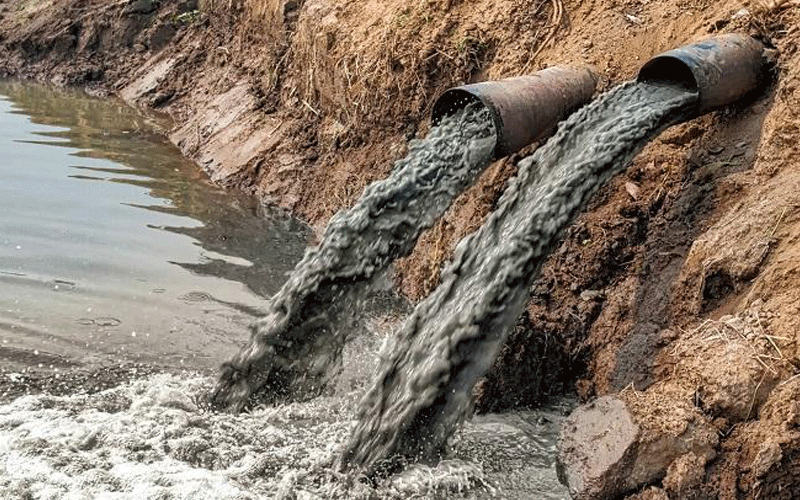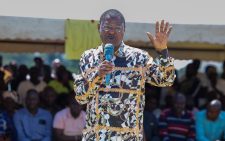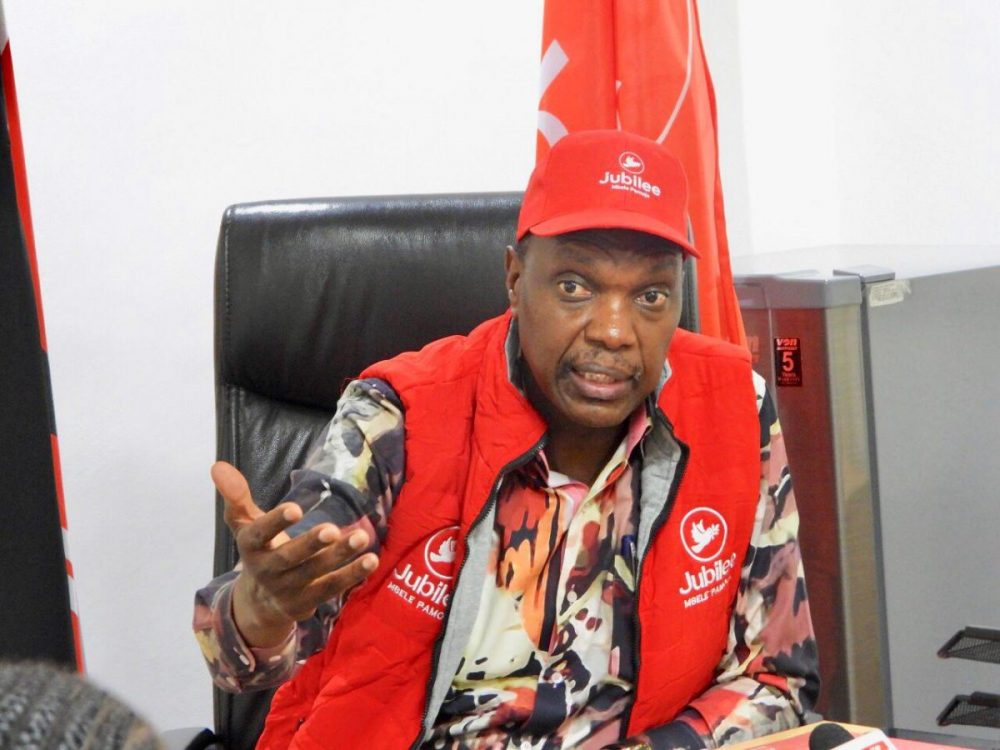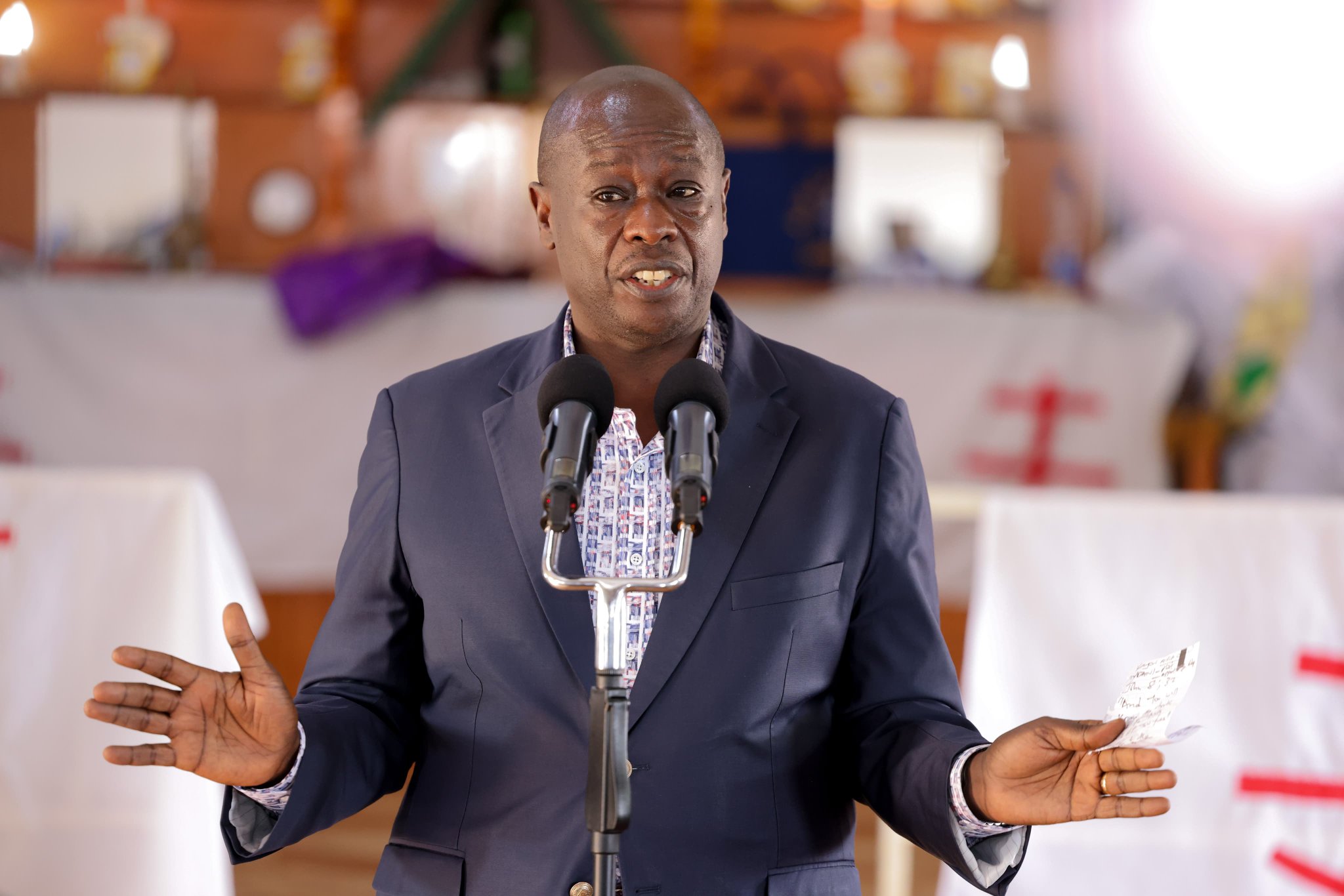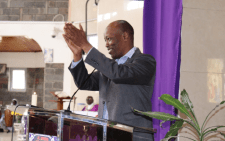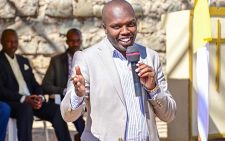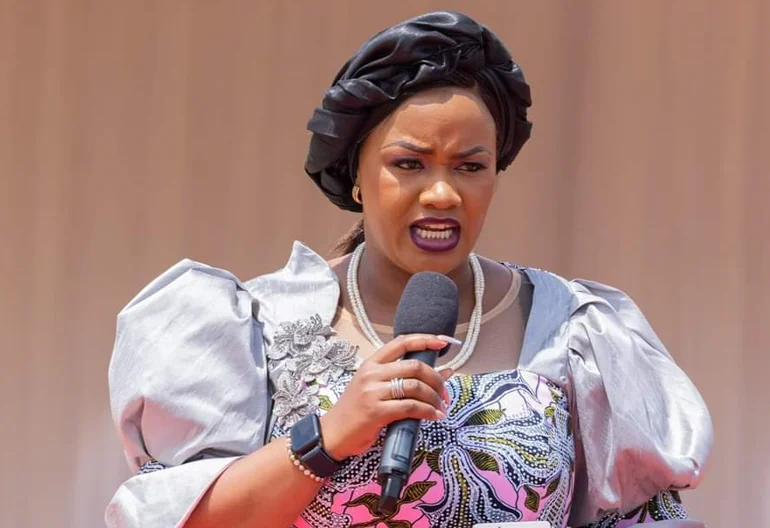Green issues experts paid attention to in 2021
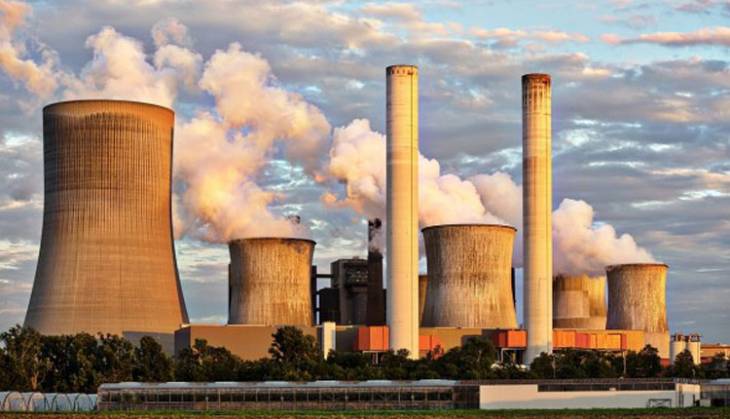
As the world enters the third year of dealing with the pandemic, attention has been directed towards an integrated approach to ensure nature and humans coexist to not only promote conservation of natural resources, but also reduce risk of transmission of disease from animals to humans as is the case of Covid-19.
Consequently, a number of events and discussions were held to facilitate this and other issues on the environment. They include:
Post-pandemic recovery
In matters conservation, the World Conservation Congress, organised by the International Union for Conservation of Nature held in September in Marseille, France, brought together stakeholders with the goal of conserving the environment and harnessing solutions nature offers to global challenges
The main outcome document of the Congress was the Marseille Manifesto, which outlined commitments to the post-pandemic recovery and the biodiversity-climate crisis.
The Congress also resulted in the adoption of 28 resolutions on conservation and sustainable development.
Resolutions that attracted considerable discussion included the establishment of a climate change commission, and promoting integrated solutions on its linkages with biodiversity, protecting deep-ocean ecosystems through a moratorium on seabed mining and acting for biodiversity in areas beyond national jurisdiction, recognising and supporting the rights and roles of Indigenous Peoples’ and local communities’ in conservation.
Others include protecting environmental defenders promoting the One Health approach and addressing drivers of biodiversity loss to protect human, animal, and environmental health, and prevent pandemics.
Wildlife census
In 2021 for the first time in history, Kenya carried out a national wildlife census for all its animals on both land and water to help with its conservation and tourism plan.
Themed ‘count to conserve’, the census was conducted between May-July 2021 and counted over 30 species of mammals, birds and marine species in various ecosystems, covering nearly 59 per cent of Kenya’s land mass.
Speaking while releasing the census report, Cabinet Secretary Ministry of Tourism and Wildlife, Najib Balala said that “Obtaining this level of information allows for better policy, planning and assessment of areas that require focus in our interventions to maintain or improve our national conservation efforts.”
The results of the census report could greatly improve Kenya’s conservation efforts for future generations.
Biodiversity conservation
On October 11, world leaders gathered in Kunming, China and virtually for the first phase of the United Nations Biodiversity Conference (COP15) to agree on a new set of goals for nature over the next decade. The second phase will be held in April-May 2022 due to the pandemic.
The conference led to the adoption of the post-2020 global biodiversity framework, which provides a strategic vision and a global roadmap for the conservation, protection, restoration and sustainable management of biodiversity and ecosystems for the next decade.
COP 26 in Glasgow
The 26th session of the Conference of the Parties (COP 26) opened its door from November 1-12 in Glasgow, UK.
The conference brought together 120 world leaders and over 40,000 registered participants.
The four main goals of the event were securing global net-zero by mid-century and keeping 1.5°C within reach, adapting to protect communities and natural habitat, mobilising finance, and working together for countries to deliver.
The summit involved calls such as accelerating the phasing out of coal, curtailing deforestation, speeding up the switch to electric vehicles, and encouraging investment in renewables.
Private stakeholders and climate change
On November 10, 2021 Kenya Climate Innovation Centre (KCIC), in partnership with KCIC Consulting(KCL), Kenya Private Sector Alliance (KePSA) and Kenya Association of Manufacturers (KAM) held the first conference on the corporate commitment to climate change.
The one-day conference, Corporate Commitment to Climate Change Kenya (4C-K), rallied corporate leaders and stakeholders to make their climate declarations.
Dr Edward Mungai, KCIC Chief Executive Officer, the conference’s main objective was to ensure the private sector and critical stakeholders fight negative climate change and attenuate it.
Other goals included: pointing out climate breaches and proposing actions, coming up with well-laid plans for sustainable climate, and ensuring the private sector highly champions for sustainability to promote economic growth.
E-waste opportunities
The first African Sustainability E-waste Conference and Expo was held on August 11-13, 2021 virtually.
Organised by the Waste Electrical and Electronic Equipment Centre, the three key areas of the conference were: legal and regulatory frameworks, e-waste management best practices, circular economy and resource recovery.
Simone Andersson, Chief Commercial Officer at the Centre the main objective of the conference was to create awareness on e-waste, show the opportunities in the sector and build strategic partnerships to drive Africa into a circular economy through safe e-waste management.
Clean Cooking
Clean Cooking Alliance held the inaugural clean cooking week from October 18-22 in Nairobi.
CEO Dymphna van der Lans says they came up with the platform because, as a country, we are unacceptably off-track to reach our 2030 goal of universal access to clean cooking yet providing clean cooking energy to households is critical to achieving global climate and sustainable development goals.
“This is the moment that we need to prioritise access to clean cooking in global and national arenas and to make clear the need to further scale up public and private financing,” said Dymphna.
